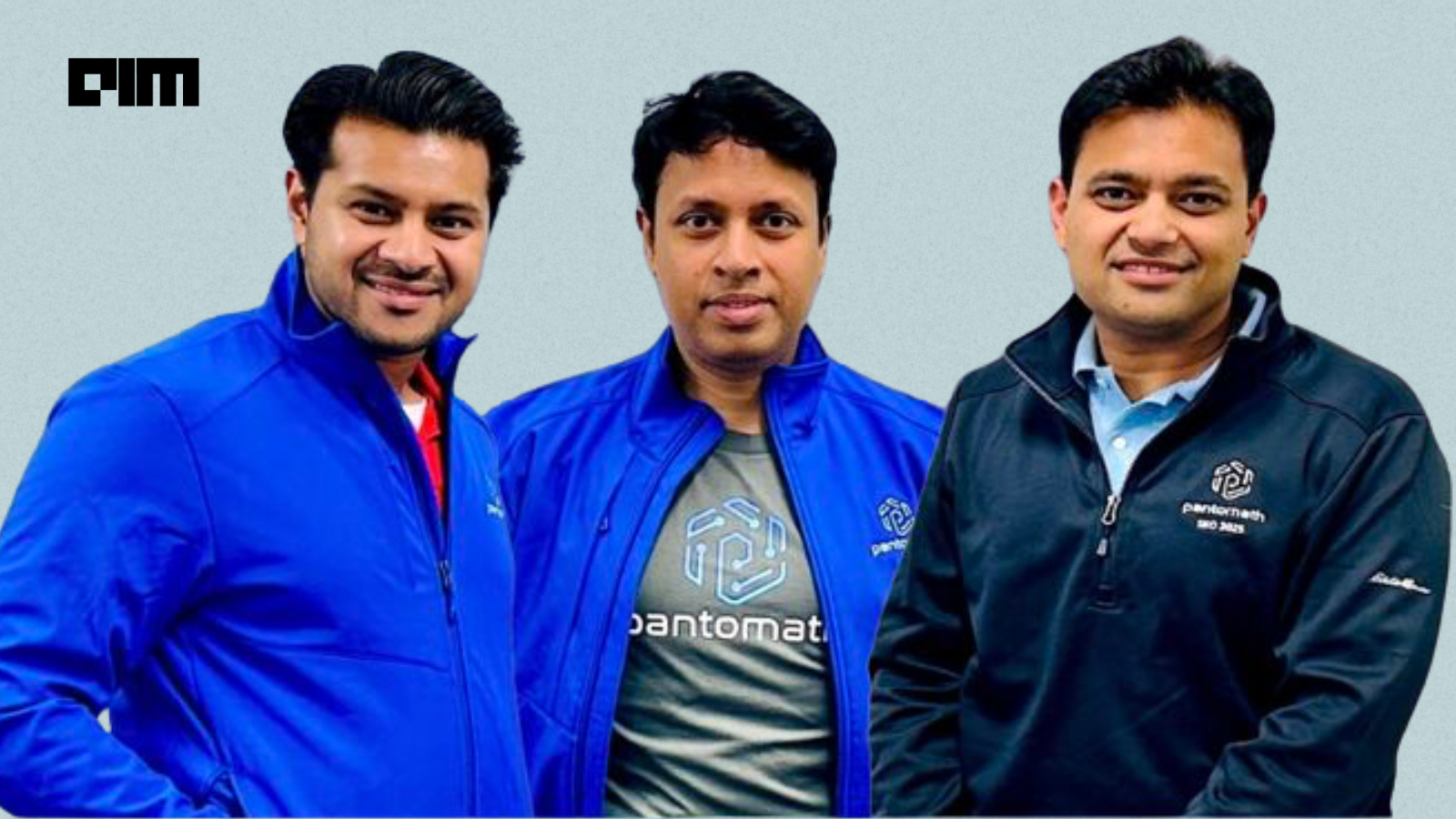Pantomath just raised $30 million in Series B funding to expand its “operating system” for data operations. The Cincinnati-based startup says it has seen rising demand from Fortune 500 companies looking to automate manual data reliability work, problems that still cost large enterprises hours or days every time a pipeline breaks or a job silently fails.
The company’s pitch: most enterprise data teams rely on reactive processes and fragmented tools to manage increasingly complex systems. Pantomath aims to replace that manual work with software that can detect, diagnose, and eventually resolve issues without human intervention.
The idea took shape three years earlier, when co-founder Somesh Saxena was leading data and analytics at GE Aerospace. Supporting over 18,000 internal data users, his team struggled with frequent reliability issues across siloed platforms. He co-founded Pantomath in 2022 to address what he saw as a growing operational bottleneck in modern data infrastructure.
Automating Data Incident Response with AI Agents
Pantomath began as a data observability platform, offering real-time monitoring for issues like data latency, job failures, and anomalies across complex enterprise data stacks. Unlike traditional tools that flag quality issues within individual datasets, Pantomath maps full pipelines (jobs, dependencies, and lineage) across platforms, allowing customers to understand not just what broke, but where and why.
Since launching in 2023, the platform has evolved to include a new layer: autonomous Data Reliability Engineer (DRE) agents. These agents are designed to go beyond detection and actually resolve incidents automatically, without human oversight. Powered by the company’s health graph and integrated lineage data, the agents act on root-cause insights to reduce downtime and manual intervention.
“Our current foundation of auto-discovered data health graphs that automates cross-platform data monitoring positions us well to expand beyond real-time detection of data issues into full self-resolution of incidents,” said CEO Shashank Saxena.
The new round, led by General Catalyst, brings the company’s total funding to $44 million. Existing investors Sierra Ventures, Bowery Capital, and Epic Ventures participated, alongside new backers Hitachi Ventures, Cintrifuse Capital, and Foster Ventures. The company plans to use the capital to accelerate product development, grow its go-to-market team, and meet what it describes as surging enterprise demand.
Customer Use Cases Show Early Productivity Gains
Pantomath reports that its platform now supports mission-critical analytics pipelines across industries, including at companies like Paycor, Lendly, and Coterie. One high-profile deployment is at WEX, where Andrew Connolly, Director of Site Reliability Engineering, said the tool “slashed the time our teams spent tracking down broken pipelines.” According to Connolly, automated root-cause analysis has reduced issue resolution from hours or days to minutes.
Pantomath’s approach is designed to reduce dependence on large teams of data engineers and the patchwork of tools often used to manage reliability. In that respect, it competes with a broader wave of observability platforms, among them Observe, Metaplane, Acceldata, and Manta, though the company claims to differentiate through deeper automation and system-wide context.
“Other data observability solutions only focus on data quality, monitoring issues like data volume and data freshness within datasets,” Somesh Saxena has said. “Pantomath on the other hand continuously monitors both jobs and datasets in real-time that make up a data pipeline… so users know exactly what’s broken, where it’s broken, and why it’s broken.”
That positioning has attracted investor interest. General Catalyst managing director Quentin Clark, who is joining Pantomath’s board, said the company is part of a shift from passive monitoring to active resolution. “Enterprise data operations have remained stubbornly complex despite years of tooling,” Clark said. “Pantomath is changing that with AI-native enterprise software that doesn’t just surface problems, it solves them.”
Pantomath Targets Broader Rollout with $30M Round
The broader observability market is forecast to grow to $2 billion by 2026, up from $278 million in 2022, according to 650 Group. Whether Pantomath can capture a meaningful share of that market will likely depend on its ability to prove the effectiveness of autonomous resolution at scale.
For now, the company is focused on execution. The new funding will go toward hiring and expanding product capabilities, with an emphasis on building out the self-resolving functionality that investors see as the next phase of enterprise AI adoption.











